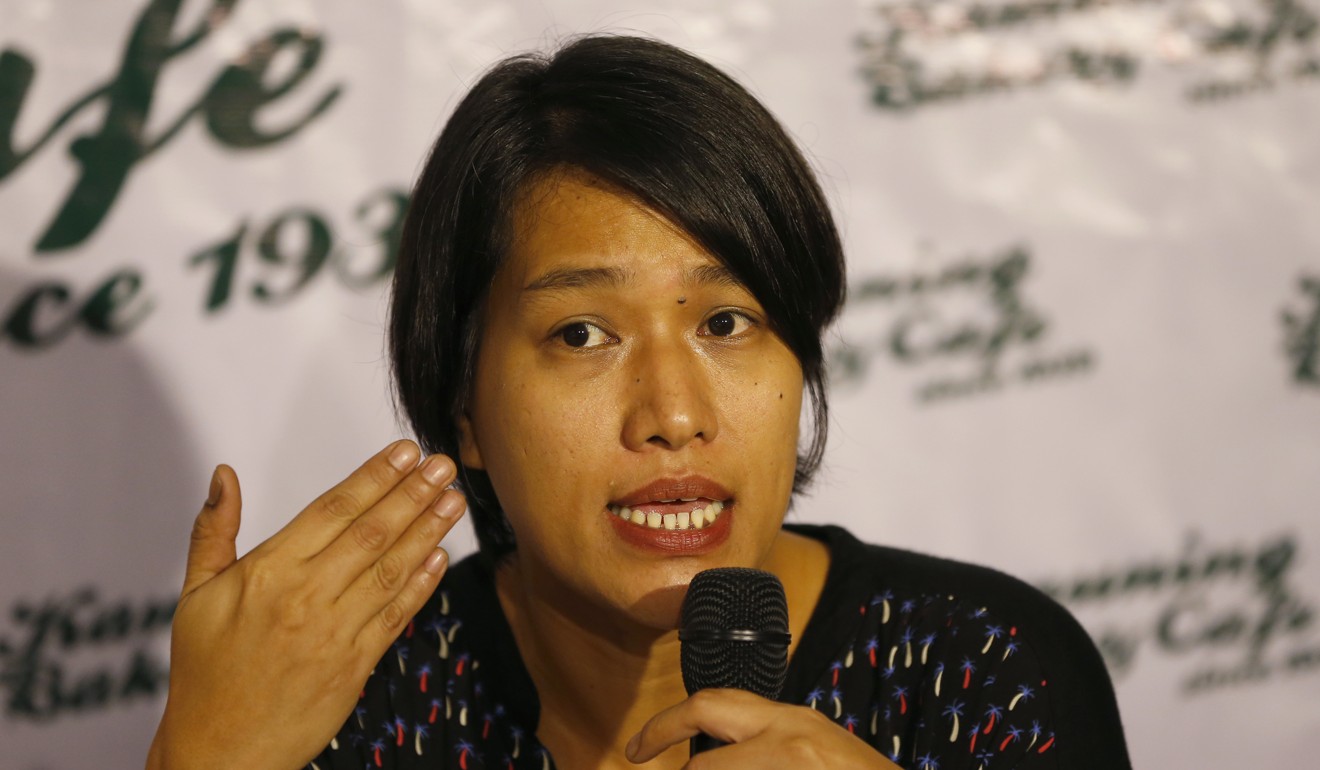
Philippine President Rodrigo Duterte will not act on ‘comfort women’ statue despite Japan’s objection
Historians say 20,000 to 200,000 women from across Asia, many of them Koreans, were forced to provide sex to Japan’s frontline soldiers
Philippine President Rodrigo Duterte will not act on an objection by Japan to a new statue in Manila that commemorates the Filipino “comfort women” who worked in Japanese military brothels during the second world war, his spokesman said on Thursday.
Relations between the two countries remains “very strong”, Presidential Spokesman Harry Roque told reporters, playing down concern that the statue could hurt relations with Japan, a major source of aid and investment.
About 1,000 Philippine women were forced into prostitution by Japanese troops during the war – they are known by the Japanese euphemism “comfort women” – a sensitive issue that had prompted some survivors to demand an apology as well as compensation from Tokyo.
Roque said the statue was not an issue for Duterte to get involved in.
“It’s up to the people who erected the statue to do anything they want with it,” he said. “I don’t think it is really a diplomatic issue, no.”
If Japan really wants this issue to be settled ... it should officially recognise the horrors of state-sponsored sexual slavery
The National Historical Commission of the Philippines, a government agency, allowed a foundation to erect the bronze statue in a Manila tourist spot last month.
Roque declined to comment on Japanese Internal Affairs and Communications Minister Seiko Noda expressing regret about the statue when she met Duterte on Tuesday.
In comments posted on the ministry’s website, Noda said: “I spoke frankly to the president and I believe he understood”.
Duterte and Japanese Prime Minister Shinzo Abe get along well and have visited each others’ family homes. Duterte has lauded Japan for its “preeminent and peerless role” as a big investor and development partner.
A spokeswoman from Japan’s Ministry of Foreign Affairs said it was “extremely regrettable” that comfort women statues including the one in the Philippines had been erected.
Last year, Japan temporarily recalled its ambassador to South Korea over a statue commemorating Korean women forced to work in Japanese military brothels during World War Two.
South Korean activists estimate that there may have been as many as 200,000 Korean victims.
A Philippine women’s group called Gabriela said Japan aimed “to erase any trace of their country’s brutality to the world and we should not allow them to have their way on historical revisionism”.

“If Japan really wants this issue to be settled and help us all move on and forward, it should officially recognise the horrors of state-sponsored sexual slavery and apologise to the victims,” Gabriela secretary general Joms Salvador said. “Raising petty issues about statues won’t make this issue go away.
“It is an added insult to the comfort women in the country and the families of those who died during the Japanese occupation if this administration allows Japan to have the say in the comfort women monument issue.”
Historians say 20,000 to 200,000 women from across Asia, many of them Koreans, were forced to provide sex to Japan’s frontline soldiers. Japanese nationalists contend that the so-called “comfort women” in wartime brothels were voluntary prostitutes, not sex slaves, and that Japan has been unfairly criticised for a practice they say is common in any country at war.
In 1995, Japan provided through a private fund 2 million yen (US$18,000) each to about 280 women in the Philippines, Taiwan and South Korea, and funded nursing homes and medical assistance for Indonesian and former Dutch sex slaves.
Many women in South Korea and the Philippines have demanded a full apology accompanied by official government compensation.
Additional reporting by Associated Press

